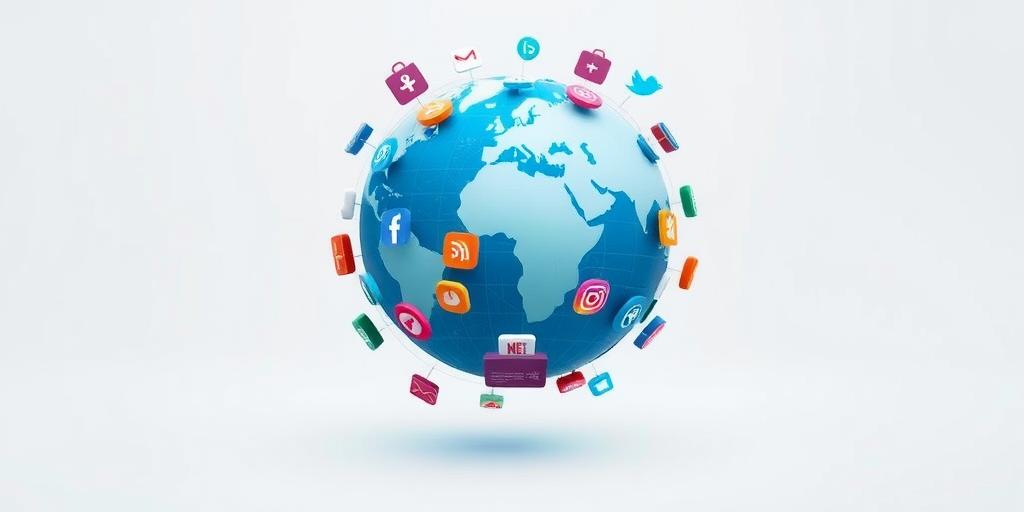The Impact of Social Media on Global Politics
Social media has rapidly transformed the landscape of global politics, creating both opportunities and challenges for political actors, citizens, and institutions. This article delves into the multifaceted ways in which platforms like Facebook, Twitter, Instagram, and others have reshaped political discourse, mobilization, and governance.
Democratization and Citizen Engagement
One of the most significant impacts of social media is its role in promoting democratization and citizen engagement. Social media platforms provide avenues for individuals to express their opinions, participate in political discussions, and organize collective action. The Arab Spring uprisings, for instance, demonstrated the power of social media in facilitating political mobilization and challenging authoritarian regimes. Social media enables citizens to bypass traditional media outlets, access diverse sources of information, and hold their leaders accountable.
Political Polarization and Echo Chambers
However, the rise of social media has also contributed to political polarization and the formation of echo chambers. Algorithms that prioritize user engagement can inadvertently reinforce existing beliefs and biases, leading individuals to primarily encounter information that confirms their viewpoints. This phenomenon can exacerbate divisions within society, making it more difficult to find common ground and engage in constructive dialogue. The spread of misinformation and disinformation on social media further compounds this problem, as false or misleading content can quickly go viral and influence public opinion.
Campaigning and Elections
Social media has become an indispensable tool for political campaigns and elections. Candidates use platforms to connect with voters, disseminate their messages, and mobilize support. Social media advertising allows campaigns to target specific demographics with tailored messages, increasing the efficiency of their outreach efforts. However, the use of social media in elections has also raised concerns about foreign interference, the spread of propaganda, and the manipulation of public opinion. The Cambridge Analytica scandal, for example, highlighted the potential for data mining and psychological profiling to be used to influence voters.
Governance and Diplomacy
Social media has also transformed the way governments communicate with their citizens and conduct diplomacy. Government agencies use platforms to disseminate information, respond to public inquiries, and solicit feedback on policy proposals. Social media enables leaders to engage directly with their constituents, bypassing traditional media intermediaries. However, the use of social media in governance also raises questions about transparency, accountability, and the potential for censorship or surveillance. Diplomats use social media to engage in public diplomacy, build relationships with foreign audiences, and promote their countries' interests.
Conclusion
Social media has had a profound and complex impact on global politics. While it has the potential to promote democratization, citizen engagement, and effective governance, it also poses challenges related to political polarization, misinformation, and foreign interference. Navigating these challenges requires a multi-faceted approach involving media literacy education, platform accountability, and regulatory oversight. As social media continues to evolve, it is essential to understand its impact on global politics and develop strategies to harness its potential for good while mitigating its risks.
Long-Tail Keywords:
- Social media's effect on political campaigns
- Impact of social media on democracy
- Social media and political polarization
- The role of social media in elections
- Social media's influence on global politics









